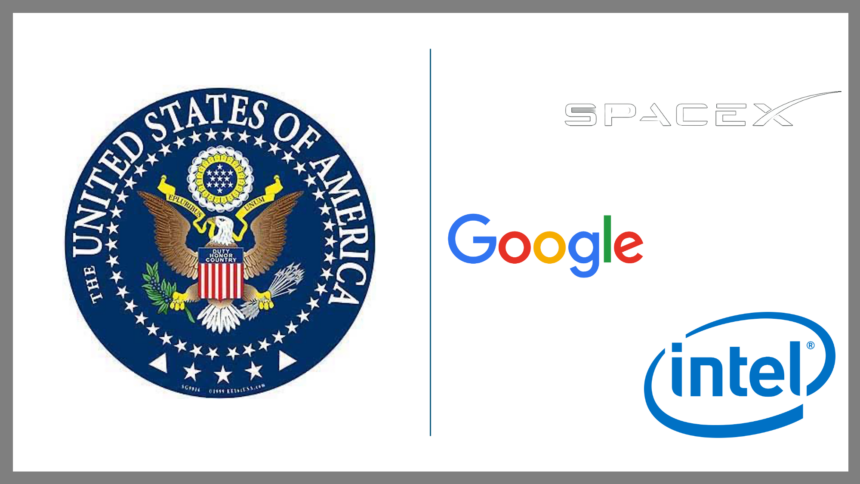The U.S. government is stepping up its efforts to regulate major tech companies, with cases focusing on Google’s ad tech, Starlink’s satellite services, AI advancements, and semiconductor chips. This article dives into the ongoing legal battles that are challenging the dominance of giants like Google and SpaceX, and how these cases are shaping the future of the tech industry.
What’s Happening & Why This Matters
Google’s Ad Tech Monopoly Trial
The U.S. Department of Justice (DOJ) recently wrapped up one of the quickest monopoly trials on record. The case centers on Google’s dominance in the ad tech space. According to DOJ lawyer Aaron Teitelbaum, Google “rigged” ad auctions, giving itself an unfair advantage across multiple markets. Teitelbaum argued that Google’s control over the ecosystem—spanning the placement of ads on websites to auctioning and ad hosting—squeezed out competition, even claiming that the company was a “predator” preying on publishers who had no other viable options for ad revenue .
However, the defense raised questions about the strength of the DOJ’s case. Google’s legal team pointed out that the prosecution lacked solid evidence, especially from advertisers themselves. The judge, Leonie Brinkema, also pressed the DOJ for not presenting direct testimony from advertisers or showing concrete evidence that advertisers were dissatisfied with Google’s systems .
Starlink and Satellite Internet Regulations
Starlink, SpaceX’s satellite internet service, is also facing scrutiny, particularly regarding its ability to dominate the satellite communications market. The Federal Communications Commission (FCC) has been in talks to ensure that Starlink’s growth doesn’t squeeze out smaller competitors. As more rural areas gain access to Starlink’s service, concerns about monopolistic practices in this vital infrastructure market are rising.
The government’s role is to balance technological innovation with fair competition, ensuring that consumers in underserved regions can benefit without being locked into a single service provider. With increasing interest in global internet coverage, the regulatory landscape will be critical for both companies and consumers moving forward.
AI and Chip Scrutiny
As AI continues to make strides, the U.S. government is also focusing on the semiconductor industry, which plays a vital role in powering these technologies. Companies like Nvidia and Intel are facing increasing regulation and pressure to ensure their chips are accessible to a wide range of developers and industries, without artificially inflating prices or limiting access to specific groups.
AI has become a focal point in discussions about how technology affects privacy, ethics, and competition. The U.S. government is keen on ensuring that AI doesn’t just benefit tech giants but also remains accessible to smaller developers, ensuring fair market practices across the board.
TF Summary: What’s Next?
The ongoing cases against Google, SpaceX, and the broader tech industry are shaping the future of regulation. As the government pushes back against monopolistic behaviors, tech giants may face stricter controls over how they operate in the U.S. The challenge will be finding a balance between encouraging innovation and ensuring fair competition. Whether it’s Google’s ad tech, SpaceX’s satellite dominance, or the growing influence of AI and chips, the outcome of these cases could drastically change the rules of the game for big tech.
— Text-to-Speech (TTS) provided by gspeech


